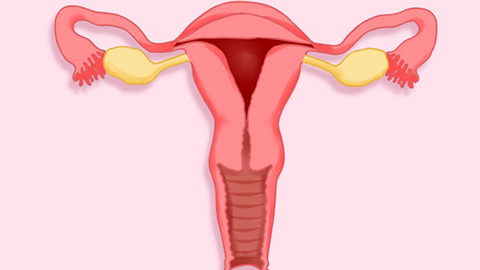What are the symptoms of a thin endometrium?
Generally, thin endometrium, a condition in which the endometrial thickness falls below the normal range, mainly presents symptoms including reduced menstrual flow, shortened menstrual period, infertility, recurrent miscarriage, vaginal dryness, and others. A detailed analysis is as follows:

1. Reduced Menstrual Flow: The endometrium is a crucial component in the formation of menstruation. A thin endometrium leads to reduced shedding of the endometrial lining, manifesting as significantly decreased menstrual flow, often in the form of spotting or a small amount of dark red blood.
2. Shortened Menstrual Period: A normal menstrual period typically lasts 3-7 days. A thin endometrium may shorten the menstrual period, potentially reducing it to 2-3 days or even less. The menstrual blood clears quickly, resulting in a notably shortened overall duration of bleeding for the menstrual cycle, which is associated with the rapid shedding of the endometrium.
3. Infertility: The endometrium serves as the foundation for embryo implantation. An excessively thin endometrium cannot provide sufficient nutrients and an appropriate environment for the embryo, making it difficult for the embryo to implant and thus increasing the risk of infertility. Even if the sperm and egg successfully combine, stable development on the endometrium may be difficult to achieve.
4. Recurrent Miscarriage: For women who successfully conceive, a thin endometrium may be unable to support the growth and development of the embryo, making recurrent miscarriage more likely during early pregnancy. This may manifest as embryonic arrest followed by vaginal bleeding, abdominal pain, and subsequent expulsion of the embryo, which can have physical and psychological impacts on women.
5. Vaginal Dryness: Thin endometrium may be related to hormonal imbalances. Abnormal hormone levels can lead to decreased vaginal secretions, causing vaginal dryness. Particularly during sexual intercourse, dyspareunia may occur, affecting sexual quality of life. Additionally, vaginal dryness may increase the risk of developing gynecological inflammation.
In daily life, if the above symptoms occur, adjusting the diet by consuming more foods rich in estrogen, maintaining regular sleep patterns, and avoiding excessive fatigue may help improve endometrial conditions and alleviate discomfort.







